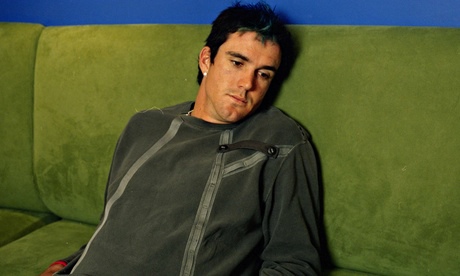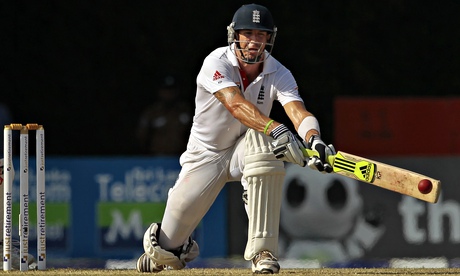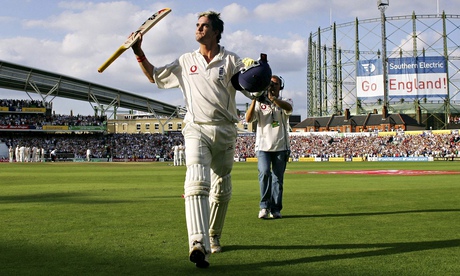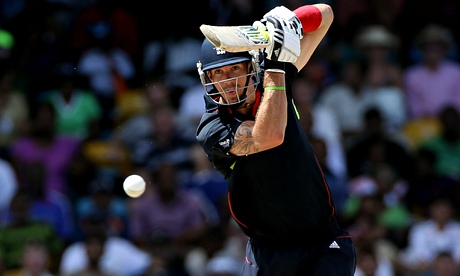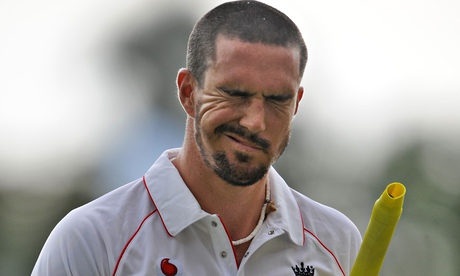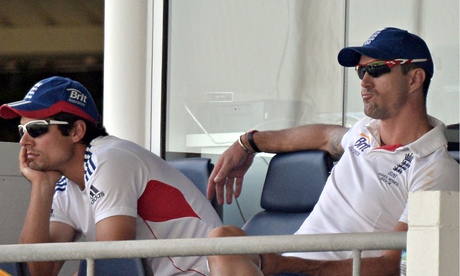
We don’t know for sure the reason why Bollywood actor Sushant Singh Rajput took his own life, but the resulting debate on nepotism is a turning point in Indian society. Rajput was not only an outsider to the joint family called Bollywood, but an outsider from Patna. As a result, nepotism has now become a Hindi word found in Hindi papers.
Before Rajput’s suicide, it was Kangana Ranaut who took up the matter. Outside of Bollywood, India’s public discourse often discusses ‘dynasty’ and ‘dynastic privilege’ in Indian politics.
This is an opportunity for Indian society to broaden the discussion. Given a chance, we are all nepotistic. There is nobody who won’t promote their children’s careers in the same field as theirs. This is part of our tradition of caste and kinship. To bring down the edifice of nepotism in Bollywood and politics, we have to question nepotism in society at large.
Before Rajput’s suicide, it was Kangana Ranaut who took up the matter. Outside of Bollywood, India’s public discourse often discusses ‘dynasty’ and ‘dynastic privilege’ in Indian politics.
This is an opportunity for Indian society to broaden the discussion. Given a chance, we are all nepotistic. There is nobody who won’t promote their children’s careers in the same field as theirs. This is part of our tradition of caste and kinship. To bring down the edifice of nepotism in Bollywood and politics, we have to question nepotism in society at large.
A drain on the GDP
This is a serious issue with implications not only for equality of opportunity but also for India’s economic progress. Nepotism promotes mediocrity, and thus low productivity.
The Congress party insists on being led by Indira Gandhi’s grandchildren, regardless of whether they are the best people suited for the role. The result is for all to see: a most ineffective opposition. Similarly, the Bollywood marketing machine will force you to watch an Arjun Kapoor movie, even if he has the same face and same expression throughout the movie. He can’t act, but the movie will still make a profit thanks to the marketing machine. And even if it flops, he will still get another role. The result is that India has a lot of terrible cinema.
India’s legal profession is said to be controlled by some 500 families. If you are a young lawyer, you have to struggle for years at a pittance of a salary with senior lawyers before the profession will let you stand on your feet. Meanwhile, the fraternity is full of third-rate lawyers who keep getting cases and corporate retainerships only because their fathers or mothers are famous advocates.
This is a serious issue with implications not only for equality of opportunity but also for India’s economic progress. Nepotism promotes mediocrity, and thus low productivity.
The Congress party insists on being led by Indira Gandhi’s grandchildren, regardless of whether they are the best people suited for the role. The result is for all to see: a most ineffective opposition. Similarly, the Bollywood marketing machine will force you to watch an Arjun Kapoor movie, even if he has the same face and same expression throughout the movie. He can’t act, but the movie will still make a profit thanks to the marketing machine. And even if it flops, he will still get another role. The result is that India has a lot of terrible cinema.
India’s legal profession is said to be controlled by some 500 families. If you are a young lawyer, you have to struggle for years at a pittance of a salary with senior lawyers before the profession will let you stand on your feet. Meanwhile, the fraternity is full of third-rate lawyers who keep getting cases and corporate retainerships only because their fathers or mothers are famous advocates.
When an internship is a phone call away
In much the same way, nepotistic privilege affects the overall quality of many parts of the Indian economy. Our newsrooms are full of children of journalists and even politicians. A well-known journalist’s son or daughter gets an internship with a phone call whereas those without such access keep emailing their CVs with no one bothering to even open their emails.
The unfairness does not stop there. The other day, I saw a prominent academic promote a senior journalist’s daughter on Twitter, praising her with superlatives for an ordinary cub reporter’s work. Nepotistic privilege is thus a life-long privilege. You get a free pass because you are the son or daughter or relative of XYZ. It’s bad enough that she has the advantage of getting story ideas, leads and contacts at home while an ‘outsider’ in the same newsroom will have to struggle much harder to be at the same level. But for your father’s powerful friends to be promoting you on Twitter blindly is absolutely distasteful.
We are all complicit
It is time for all of us to look within. Do we take someone more seriously because their father or mother is successful in the same field? We do, we often do. This is part of our ethos as a caste society. There is, for example, a huge amount of curiosity among the public about star kids. We reward nepotism. Someone with nepotistic privilege may be competent, but you haven’t even tried an ‘outsider’.
We need to flip this formula, not just to provide equality of opportunity but also because every job should have the most competent person doing it. That is why nepotism is an economic issue.
Copy-paste woke culture
To flip it, we need to start seeing nepotistic privilege as a matter of shame. India’s woke millennials, Gen Z and Gen Alpha tend to learn political correctness from American shores. But nepotism is not such a big social issue in the US. We need some originality in our woke politics to start shaming nepotistic privilege. When woke millennials say ‘check your privilege’, they don’t include nepotism because American news sites haven’t yet written about it yet.
In the way that woke people go around ‘cancelling’ those who are misogynistic or homophobic or fatphobic or those who think skin colour defines beauty… yeah, riding pillion on your dad’s career should be seen like that.
If you are a young adult planning your career, and you are planning to take up the same career as your parents, you should feel some shame about it. And your friends should judge you for it.
And you should definitely stop your mom and dad from making the phone call that gets you the free pass. Name dropping shouldn’t get you a job — your CV and work should.
Of all the professions in the world, your inner calling turns out to be the same as your parent’s? Where’s the originality, the rebellion, where’s your individualism?
Similarly, parents successful in a profession should encourage their children to find a different profession. In a country where the caste system is literally about profession, this is key to social democratisation.
It will be your turn next
Maybe you really, really want to follow the same profession as your parent. Here’s the challenge. Can you do it on a different turf? If you are a Bollywood star kid, can you ‘launch’ your career in a country other than India or with a less-known, less-glitzy banner? If your father is prominent in national politics but inactive in state politics, can you build your own mass popularity in state politics? If your mother is a criminal lawyer, can you at least go work in a corporate law firm?
If you are literally doing what your dad does, just taking on his clients, just running his business, you should, yes, be a little ashamed of yourself. You are occupying a seat that could be occupied by someone more competent than you, no matter how good you think you are at your work.
You should know that the world judges you for it but doesn’t say it yet. Just like the silence about nepotistic privilege has been broken in politics and Bollywood, one day it will be broken in your profession too.


